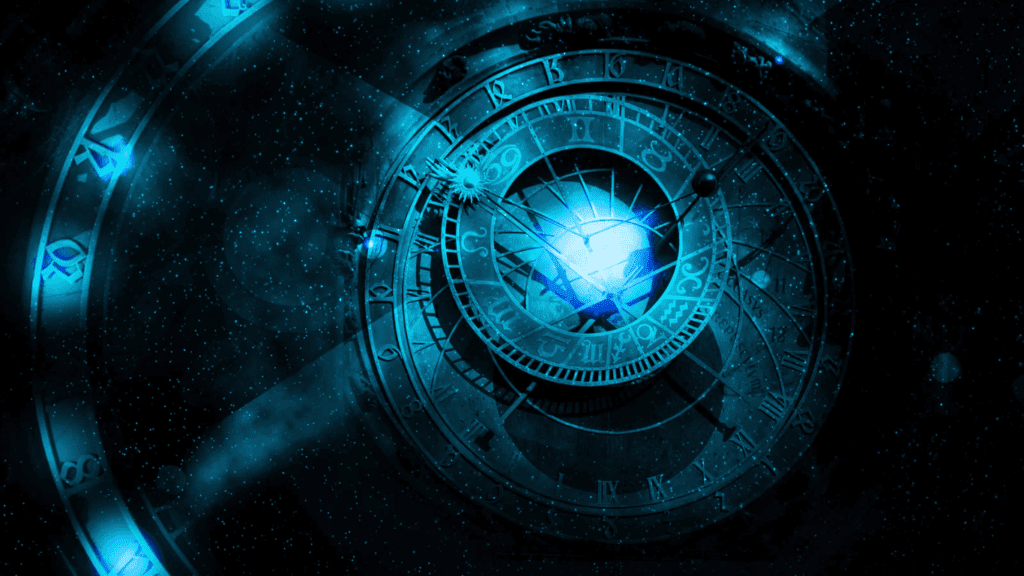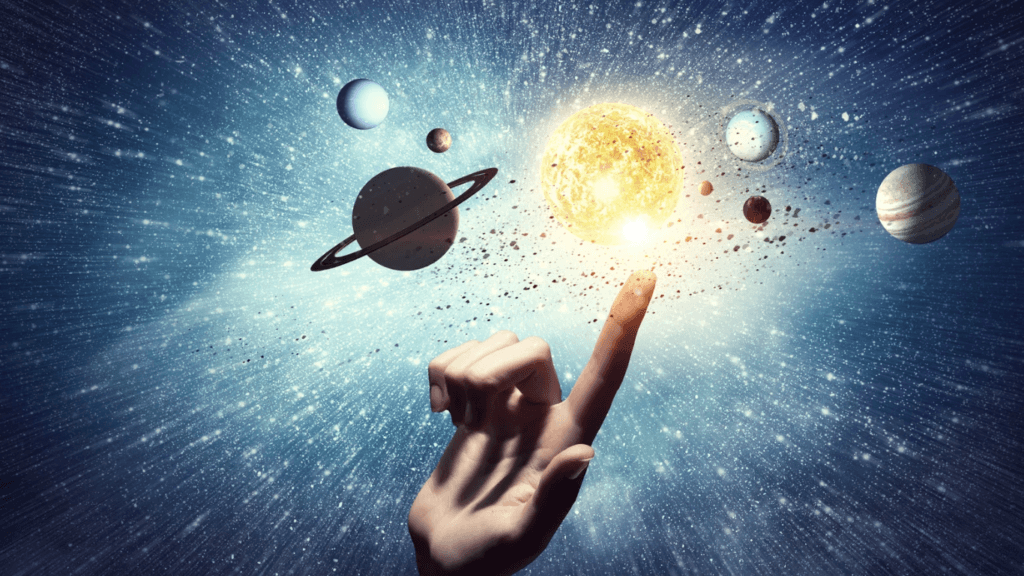
Michio Kaku Unveils the Secrets of the Mysterious 95% of the Universe
Imagine telling a classroom full of students that everything they’ve learned about the universe is incomplete—or even wrong in some ways. That’s exactly what world-renowned physicist Michio Kaku suggests when he criticizes our outdated science syllabus.
For years, students have been taught that atoms make up everything in the universe. But modern physics tells a different story—one where atoms account for just 5% of the cosmos. The rest? A mysterious mix of dark matter and dark energy, forces so bizarre and elusive that they defy our current understanding of physics.
So, is our education system failing students by ignoring these mind-bending discoveries? Let’s dive in.
For centuries, science taught us that all matter is made of atoms. This seemed true—until astronomers made a shocking discovery: atoms make up only 5% of the universe.
The remaining 95% is something else entirely:
• Dark Matter (27%) – An invisible substance that holds galaxies together through gravity.
• Dark Energy (68%) – A mysterious force causing the universe to expand faster and faster
over time.

But Why Can’t We See Them?
• Dark Matter doesn’t emit, absorb, or reflect light, making it completely invisible. We only know it’s there because of its gravitational pull on galaxies.
• Dark Energy is even weirder—it doesn’t just resist gravity; it seems to be pushing the universe apart.
These discoveries shattered everything we thought we knew about the cosmos. So why aren’t students learning about them?
Are Dark Matter and Dark Energy Even Real? Do They Follow Physics?
While we can’t see dark matter and dark energy, scientists are convinced they exist because of their effects on the universe.
• Dark Matter behaves like an invisible glue, keeping galaxies from flying apart.
• Dark Energy counteracts gravity, stretching space at an accelerating rate.
But Does This Dark Universe Follow the Laws of Physics?
• Dark Matter: Seems to follow gravity, but its exact nature is a mystery. It could be made of unknown particles like WIMPs (Weakly Interacting Massive Particles) or axions.
• Dark Energy: Might be connected to Einstein’s cosmological constant, or it could be an entirely new force of nature that we don’t yet understand.
Simply put—we don’t fully understand dark matter or dark energy. And that’s exactly why we should be teaching them!
Does This Affect Us? Or Is It Just Cosmic Trivia?
Most people assume that dark matter and dark energy are too distant to matter. But in reality, they shape everything:
• Dark Matter Holds the Universe Together – Without it, galaxies (including our own Milky Way) would have disintegrated long ago.
• Dark Energy Controls the Fate of the Universe – If it keeps accelerating cosmic expansion, the universe may eventually stretch into nothingness, leading to the Big Freeze—a cold, dark end where stars burn out forever.
We may not feel these forces directly, but they are sculpting the universe’s past, present, and future. Shouldn’t students at least know about them?
Michio Kaku’s Warning: The Education System is Outdated
Michio Kaku, one of the most famous physicists alive, has repeatedly criticized our old-fashioned education system.
“Our schools are preparing students for the world of the 1950s, not the future.”– Michio Kaku
What’s Wrong with Science Education Today?
• Too Much Memorization – Instead of encouraging students to ask questions, they are forced to memorize outdated facts.
• Failure to Teach Cutting-Edge Science – Concepts like dark matter, dark energy, quantum physics, and AI are missing from most school curricula.
• Lack of Future-Ready Skills – Students should be trained to think critically and solve big mysteries, not just repeat facts for exams.
If 95% of the universe is unknown, shouldn’t we be teaching the next generation how to explore it?

Should We Teach Dark Matter and Dark Energy in Schools?
Absolutely. But not as settled science—as a mystery waiting to be solved.
Teaching dark matter and dark energy would:
• Inspire curiosity – What could be more exciting than studying the invisible?
• Encourage critical thinking – Students would learn that science isn’t about memorizing facts but asking the right questions.
• Prepare students for the future – The next big discovery might come from a student who was inspired by these cosmic puzzles!
Mind-Blowing Facts About Dark Matter & Dark Energy
• The Bullet Cluster is one of the best proofs of dark matter. Scientists observed galaxies colliding, with dark matter separating from visible matter, proving its existence.
• You might be passing through dark matter right now. Some theories suggest billions of dark matter particles move through your body every second!
• Dark energy was discovered by accident in 1998. Scientists expected the universe’s expansion to slow down—but instead, they found it was speeding up.
• There might be “dark stars” and “dark galaxies.” Some researchers believe entire structures made purely of dark matter could exist!
Final Thoughts: The Universe is Changing—So Should Education
If we only teach students what we already know, we are failing them. Science should be about exploration, curiosity, and solving mysteries—not just memorizing old theories.
Michio Kaku is right. Our education system needs to evolve. And the proof is written across the universe itself.
The next Einstein might be sitting in a classroom right now—if only we give them the right mysteries to explore.
What Do You Think?
Should schools start teaching dark matter and dark energy? Is our science syllabus holding students back? Let’s discuss! You also see Urdu version of the article with more explanations and details. (Reed similar article in Urdu)







